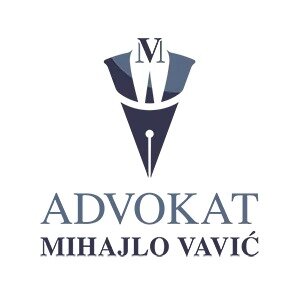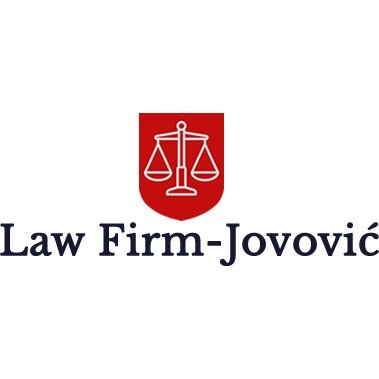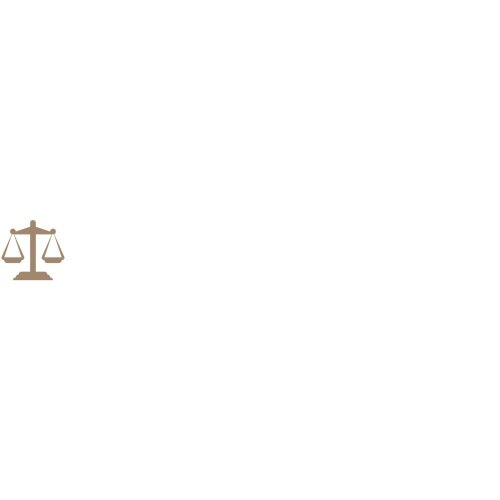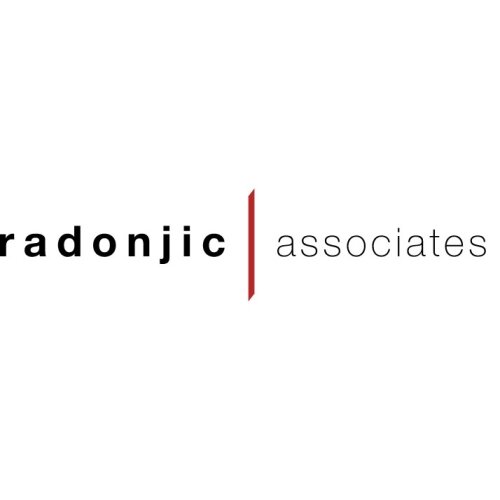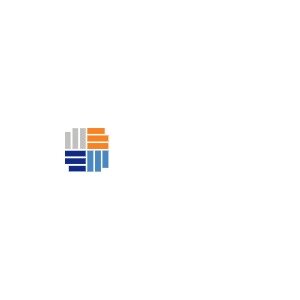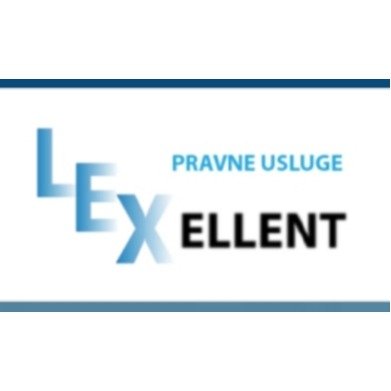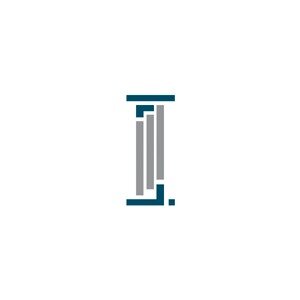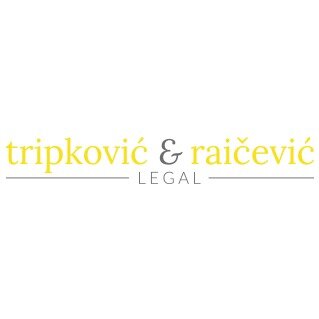Best Sanctions & Export Controls Lawyers in Podgorica
Share your needs with us, get contacted by law firms.
Free. Takes 2 min.
List of the best lawyers in Podgorica, Montenegro
About Sanctions & Export Controls Law in Podgorica, Montenegro
Sanctions and export controls are important aspects of international law that regulate the movement of goods, technology, and financial resources across borders. In Podgorica, Montenegro, these laws serve to ensure compliance with domestic legislation, European Union (EU) requirements, and United Nations Security Council (UNSC) resolutions. Their main goal is to prevent illegal trade, protect national security, and align Montenegro with global efforts to deter activities such as terrorism, proliferation of weapons, human rights abuses, or circumvention of embargoes and trade restrictions.
Businesses and individuals operating in Montenegro must be aware of these laws due to the country’s aspiration to join the European Union and its obligations as a member of the United Nations. Non-compliance can result in severe penalties, both financial and criminal, making it critical for anyone involved in cross-border trade or financial transactions to understand their responsibilities.
Why You May Need a Lawyer
Sanctions and export controls can be complex, especially as they often involve multiple legal frameworks, including local, regional, and international regulations. You may need a lawyer specializing in this field in situations such as:
- Engaging in the export or import of goods, technology, or services that may be subject to restrictions or prohibitions
- Operating in sectors like defense, telecommunications, energy, or dual-use goods
- Facing investigations or enforcement actions relating to sanctions violations
- Dealing with blocked transactions or frozen assets due to sanctions measures
- Conducting due diligence regarding customers, suppliers, or financial transactions to avoid accidental breaches
- Seeking to resume business with previously sanctioned entities or jurisdictions
- Needing advice on compliance programs and internal policies to prevent violations
Legal guidance can help you interpret applicable rules, assess risks, communicate with authorities, and design compliance strategies tailored to your specific business or situation.
Local Laws Overview
Montenegro’s sanctions and export control laws draw from multiple sources:
- Law on International Restrictive Measures - The primary legal framework for implementing and enforcing international sanctions, including asset freezes, trade restrictions, and financial prohibitions.
- Law on Foreign Trade - Provides the basis for regulating exports and imports, including licensing requirements and restrictions on certain categories of goods, services, and technology.
- UN Security Council and EU Sanctions - Montenegro implements all UNSC resolutions and strives to align with EU restrictive measures as part of the EU accession process.
- Customs and Tax Laws - Include provisions related to reporting, documentation, and controls at borders to prevent illegal or unauthorized exports or imports.
- Enforcement Agencies - The Ministry of Foreign Affairs, Ministry of Finance, Directorate for Trade Policy and Multilateral Economic Cooperation, Customs Administration, and the Central Bank play key roles in oversight and enforcement.
Sanctions typically target specific countries, entities, or individuals and may involve arms embargoes, restrictions on certain financial services, or bans on dual-use items. Export controls can require licenses or subject transactions to additional scrutiny, especially when dealing with goods, technology, or services of strategic importance.
Frequently Asked Questions
What are sanctions and export controls?
Sanctions are legal measures that restrict trade, financial transactions, or other activities with certain countries, individuals, or entities. Export controls are regulations governing the sale, transfer, or shipment of goods, technology, or services across borders, often to ensure they are not used for harmful purposes.
Who enforces sanctions and export controls in Montenegro?
Multiple bodies, including the Ministry of Foreign Affairs, Customs Administration, Ministry of Finance, and Central Bank, are responsible for oversight, monitoring, and enforcement of sanctions and export controls in Montenegro.
Do EU and UN sanctions apply in Montenegro?
Yes, Montenegro implements all relevant United Nations Security Council sanctions and aligns with most European Union sanctions as part of its EU integration process.
What are dual-use goods?
Dual-use goods are items, software, or technology that can be used both for civilian and military purposes. They are often subject to strict export controls to prevent misuse.
Does my business need a license to export certain products?
You may need a license if you are exporting goods, technology, or services that are listed as controlled or restricted under Montenegrin, EU, or international regulations. Consulting with legal counsel can help you determine specific licensing obligations.
What are the penalties for violating sanctions or export controls?
Penalties can include heavy fines, confiscation of goods, loss of trading privileges, and even criminal prosecution for willful violations.
How can my company ensure compliance?
Establish internal compliance policies, conduct regular training, perform due diligence on business partners, monitor legal updates, and seek legal advice when entering new markets or exporting sensitive items.
What should I do if I discover a potential violation?
Immediately consult with a qualified lawyer to assess the situation, determine potential liability, and consider voluntary disclosure to the relevant authorities as appropriate.
Can sanctions change over time?
Yes, sanctions and export controls are frequently updated in response to international developments. Regularly check official notices and consult legal resources for the latest information.
Is legal assistance necessary for routine exports?
While not always necessary, legal assistance is highly recommended when dealing with high-risk items, new markets, or complex transactions. Even routine trade may require expert advice if compliance questions arise.
Additional Resources
Consider consulting the following resources and organizations when dealing with sanctions and export controls in Podgorica, Montenegro:
- Ministry of Foreign Affairs of Montenegro - Department for International Restrictive Measures
- Customs Administration of Montenegro - Export and Import Controls Division
- Central Bank of Montenegro - Compliance and Sanctions Unit
- Chamber of Commerce of Montenegro
- European Union Delegation to Montenegro
- UN Sanctions Committees
- Local and international law firms specializing in sanctions and trade compliance
Next Steps
If you believe you need legal assistance with sanctions and export controls in Podgorica, Montenegro, consider the following steps:
- Gather all relevant facts about your business activities, transactions, products, and trading partners
- Identify specific concerns such as countries, goods, or services involved
- Contact a reputable law firm or legal advisor who specializes in sanctions and export controls law
- Prepare to discuss your procedures, compliance measures, and prior due diligence efforts
- Stay informed by monitoring official government communications and industry updates
- Develop or update your internal compliance program to minimize risk and meet legal requirements
Early engagement with legal professionals can help prevent costly mistakes and ensure your operations comply with Montenegrin, EU, and international laws regarding sanctions and export controls.
Lawzana helps you find the best lawyers and law firms in Podgorica through a curated and pre-screened list of qualified legal professionals. Our platform offers rankings and detailed profiles of attorneys and law firms, allowing you to compare based on practice areas, including Sanctions & Export Controls, experience, and client feedback.
Each profile includes a description of the firm's areas of practice, client reviews, team members and partners, year of establishment, spoken languages, office locations, contact information, social media presence, and any published articles or resources. Most firms on our platform speak English and are experienced in both local and international legal matters.
Get a quote from top-rated law firms in Podgorica, Montenegro — quickly, securely, and without unnecessary hassle.
Disclaimer:
The information provided on this page is for general informational purposes only and does not constitute legal advice. While we strive to ensure the accuracy and relevance of the content, legal information may change over time, and interpretations of the law can vary. You should always consult with a qualified legal professional for advice specific to your situation.
We disclaim all liability for actions taken or not taken based on the content of this page. If you believe any information is incorrect or outdated, please contact us, and we will review and update it where appropriate.



